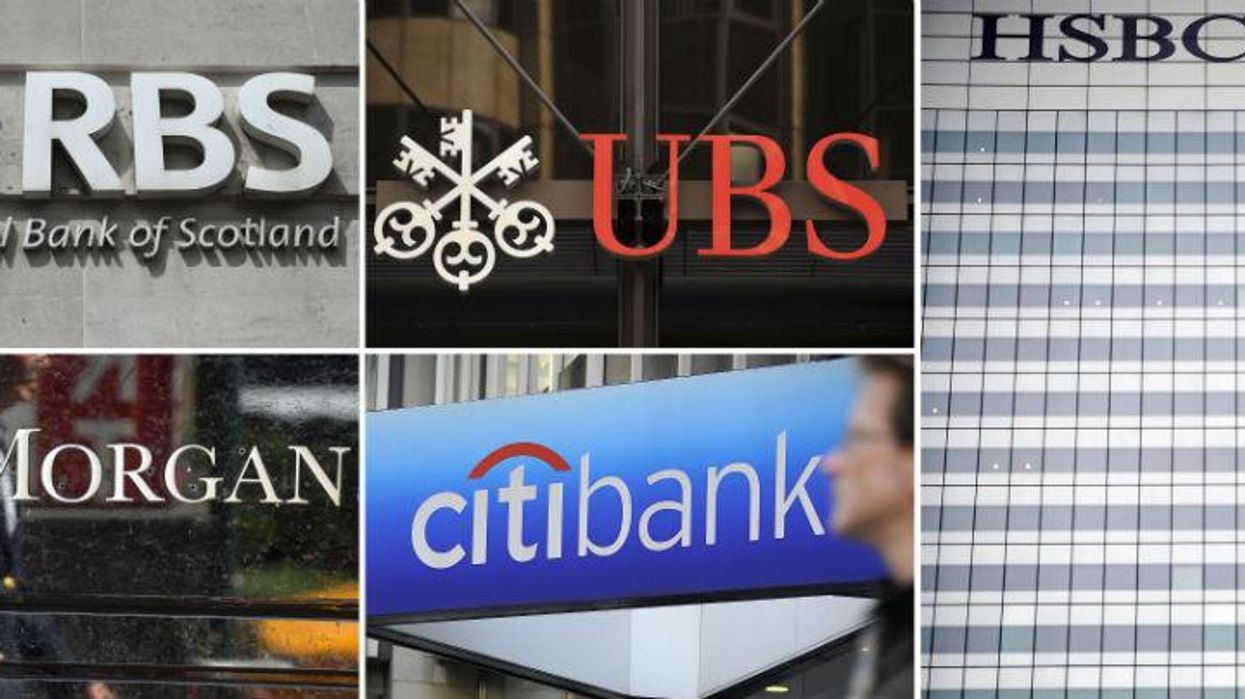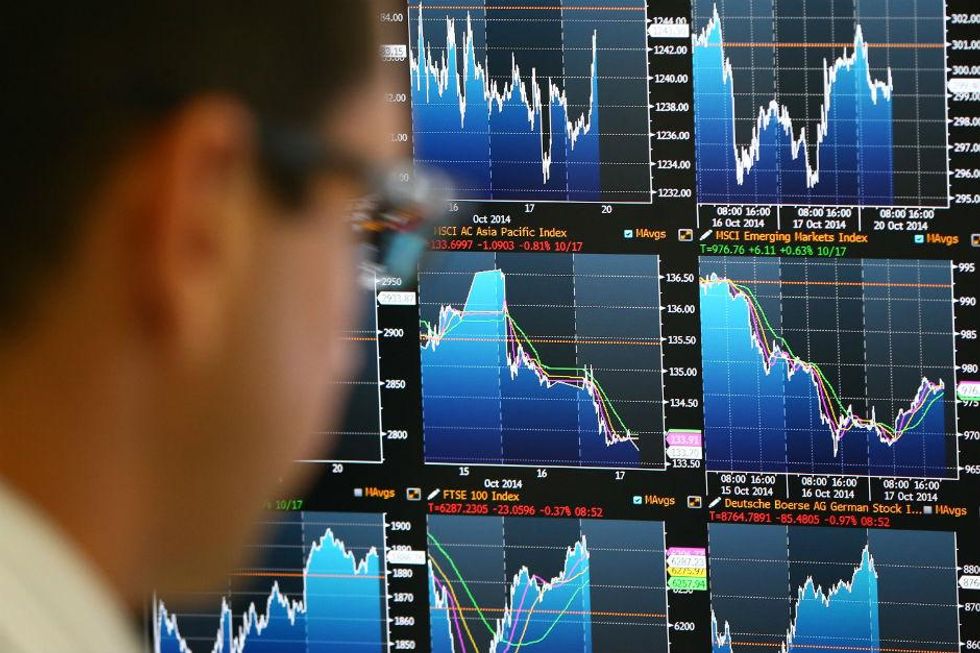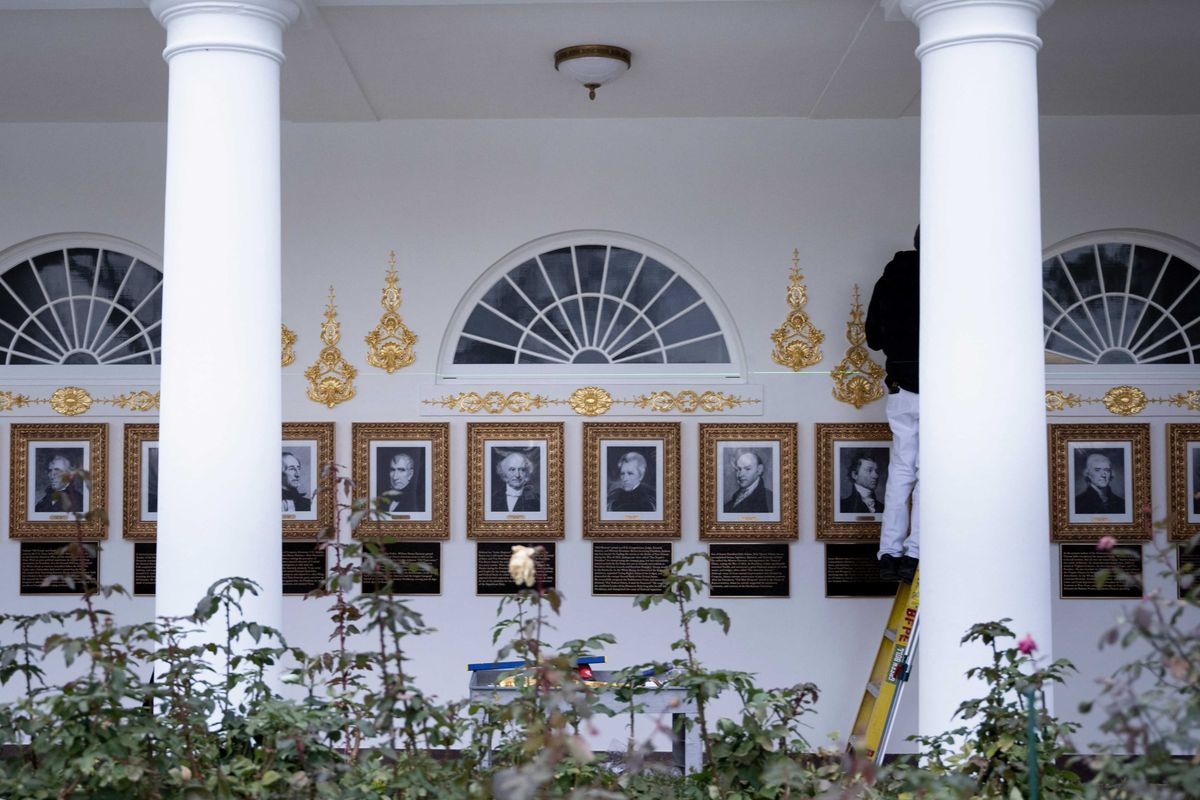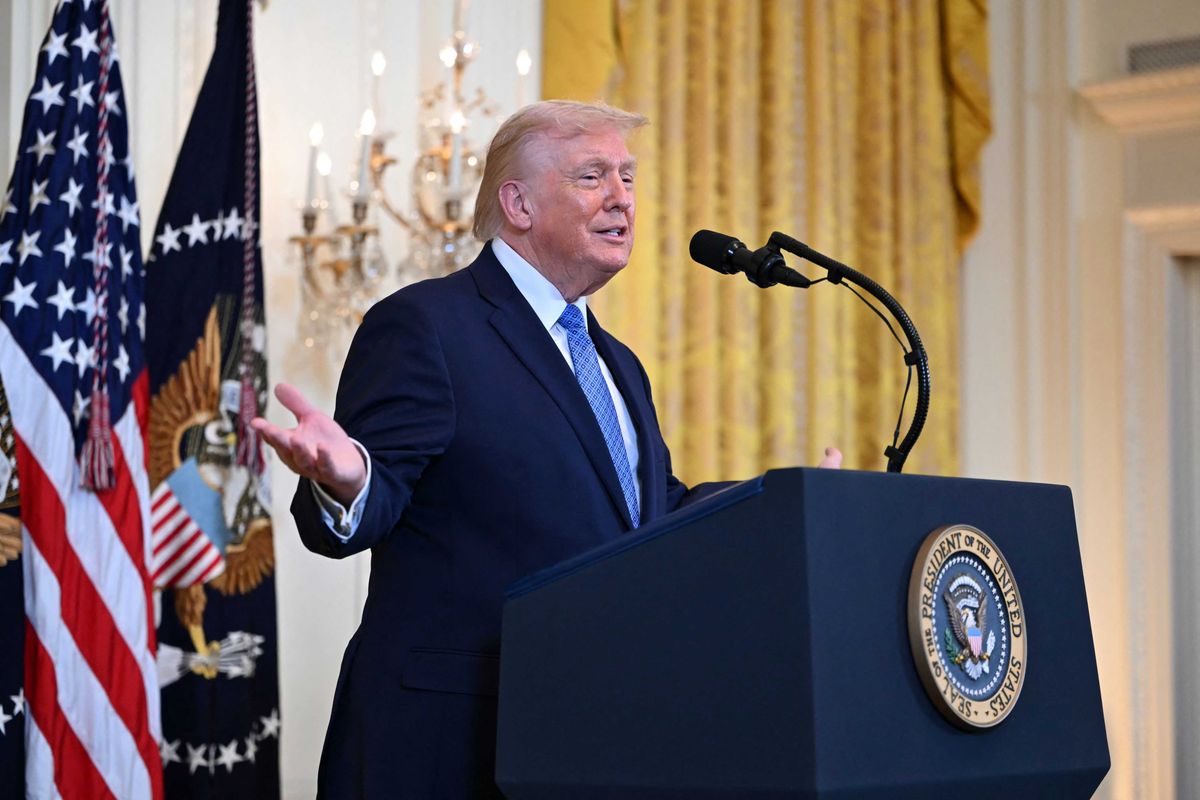News
Nick Goodway (edited
Nov 13, 2014

Six major international banks were handed a total of £2.6bn in fines yesterday for rigging the foreign exchange markets.
The manipulation - which was still taking place as recently as last year - is the latest in a series of scandals that have shamed the City of London and damaged the public's perception of bankers.
RBS, HSBC, Citibank, JPMorgan Chase, Bank of America and UBS all accepted the punishment for wrongdoing between 2008 and 2013.
How did they do it?
How the fix works
At different set points each day, the rates for the 10 major currencies (those of the G10 nations) are fixed. For example, the sterling/dollar rate is fixed at 4pm using the WM Reuters rate.
This is fixed using actual trades in the spot market in the minutes immediately around 4pm. Clients of the banks regularly put in orders to buy or sell currencies “at the fix rate” ahead of it being fixed.
How do the banks make money?
A bank with client orders to buy a currency at the fix rate will make a profit if the average rate at which it buys the currency in the market is lower than the rate at which it sells to the clients.
The reverse is the case for “sell” orders, where the bank tries to sell the currency at a higher rate than it has agreed to buy from its clients. Banks can legitimately manage their currency book to try to improve the chances of this being the case.
So what did rigging involve?
Because it is spot-rate trades which lead to the fix, the groups of traders who ganged together could manipulate their spot trades around the fix to ensure that when the fix was established, their overall books were in profit.
The bank takes a position by guaranteeing its client a certain rate. By triggering “stop losses” and then manipulating the fix to be at a lower level (in the case of net buying orders) the bank could ensure that it made a profit.
So who lost?
Primarily the banks’ clients, who were paid worse rates for the foreign exchange transactions than were actually the true rates in the market.
This could be anyone from a hedge fund taking a punt to a major corporate changing money as part of a big overseas commercial transaction.
What was in it for the traders?
They did not profit individually from the rigged markets. But if their dealing desk made consistently higher profits it was certainly reflected in their bonuses.
What they said: 'Nice Work Gents...'
Transcripts released by the Financial Conduct Authority show the level of collusion that took place between traders at banks including HSBC and Royal Bank of Scotland.
They used internet chatrooms and code names like the “A-Team”, “1 Team, 1 Dream” and “The 3 Musketeers” to rig the foreign-exchange markets, leading to record fines of more than £2bn for five banks.
After one fix involving HSBC, traders congratulated each other by saying: “Nice work gents… I don my hat,” “Hooray nice team work,” “Bravo… cudnt been better,” “Have that my son…v nice mate” and “Dont mess with our ccy [currency].”
One commented: “There you go… go early, move it, hold it, push it.” In response, the HSBC trader responded: “Loved that mate… worked lovely.”
Traders in a separate chatroom were equally happy about another fix: “I don my hat”, “welld one [sic] lads”, “what a job”, “bravo” and “[RBS] is god”.
Top 100
The Conversation (0)














